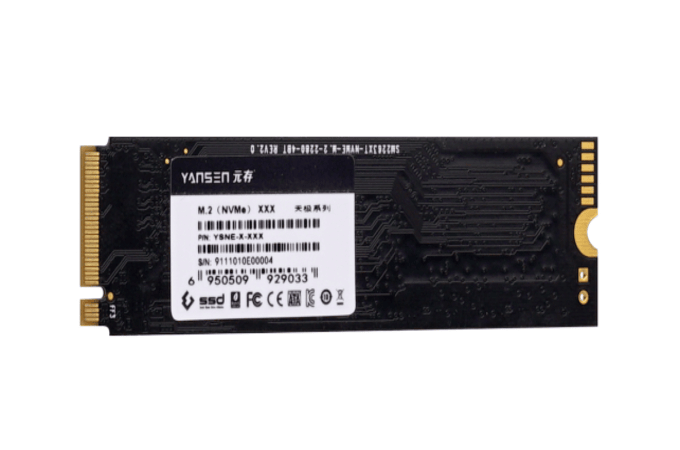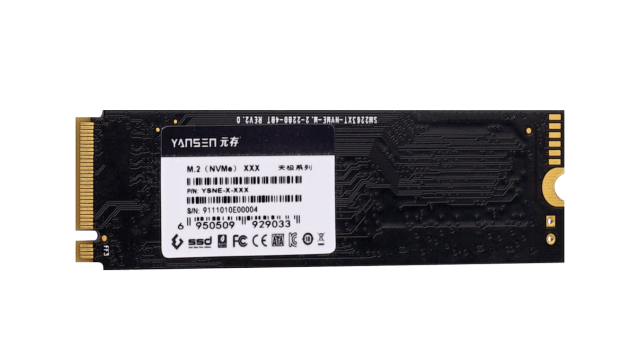News
Site Editor
 Site
https://kingspec.usa02.wondercdn.com/uploads/image/6307135a29359.png
Aside from their performance, knowing how long a storage medium will last, affects your purchase consideration of the best of either an HDD, an SSD, or an NVMe storage device.
Site
https://kingspec.usa02.wondercdn.com/uploads/image/6307135a29359.png
Aside from their performance, knowing how long a storage medium will last, affects your purchase consideration of the best of either an HDD, an SSD, or an NVMe storage device.
Lifespan Comparison :HDD vs SSD vs NVMe?
Views: 103912
Author: Site Editor
Publish Time: 2022-07-21
Origin: Site
I know you are curious about making the best choice of a storage device between HDD, SSD, and NVMe.
Aside from their performance, knowing how long a storage medium will last, affects your purchase consideration of the best of either an HDD, an SSD, or an NVMe storage device.
So, stick around and read on as we walk you through all you need to know about the longevity of these various storage devices.
What difference in their technology?
A hard drive or HDD is the most common storage option that most people choose. It is considered a reliable and inexpensive storage medium. The efficiency-oriented users, prefer SSDs (Solid State Drives).
These storage devices offer higher read and write speeds, but are slightly more expensive than standard hard drives. NVMe storage conveys execution that outflanks different kinds of capacity media, it generally gives more efficiency when compared to other types of storage devices.
Now you know what each of those technologies stands for, we are going to dive deeper into the factors responsible for their longevity. Thereby revealing a lasting solution to your efficient and resilient storage media.

HDD
Hard drives were the main type of hard drives created and are by far the most recognizable. They work by putting aside information about the rotation of the circles that the reading/composing head can reach. The HDD disk type is economical and can store a lot of information, but at this time it has an increasingly slower intensity than solid state drives.
And due to the moving part of this design, the technology is a victim of the wearing of its parts. Exposure to shock and the effect of physical damage on the spinning part greatly affect the life cycle of an HDD. An HDD tends to last between 3 to 5 years.
SSD
Solid state devices have no moving parts and are more energetic in this regard, using NAND memory as a storage medium brings with it a whole new set of complexities and therefore the possibility of information failure for reasons other than shock itself.
So the fantasy is that SSDs cannot suffer the negative effects of some kind of real frustration. An SSD failure should not happen for somewhere around 5 to 6 years in the event that the drive is left shut down in ideal capacity conditions.
A typical SSD has proven to last longer than an HDD because of its efficient solid-state design.
NVMe SSD
NVMe (Non-Volatile Memory Express) is another convention for reaching fast capacity media that brings many advantages compared to legacy conventions. This point of interaction is characterized by productively supporting the demands of large enterprises and client frameworks using PCI Express strong drives.
An NVMe SSD consumes less power than a SATA SSD notwithstanding the more critical measure of information it can process. Besides lesser energy utilization, this likewise builds the battery duration of PC batteries and other versatile gadgets. NVMes likewise weigh lighter than SATA SSDs and are more modest in size. The average lifespan of an NVMe SSD is 10 years.
Purchase high-quality SSD from us
We have a valid legacy of producing efficient storage media. Kindly click here to purchase the best from us.























